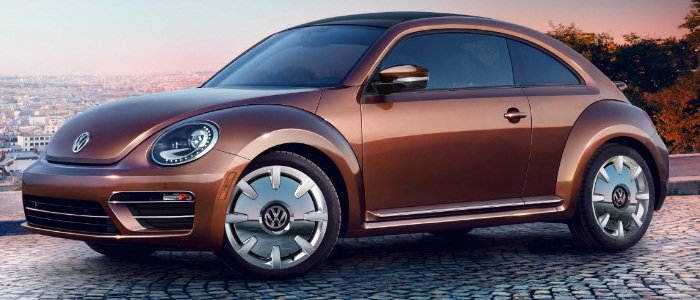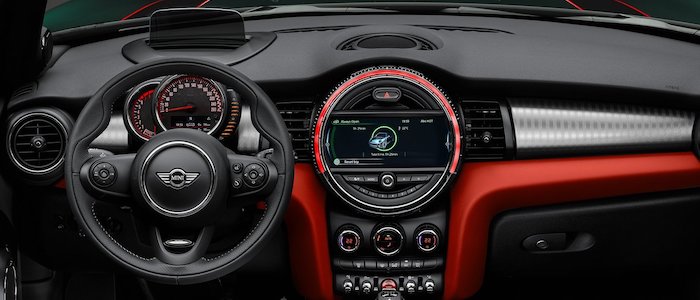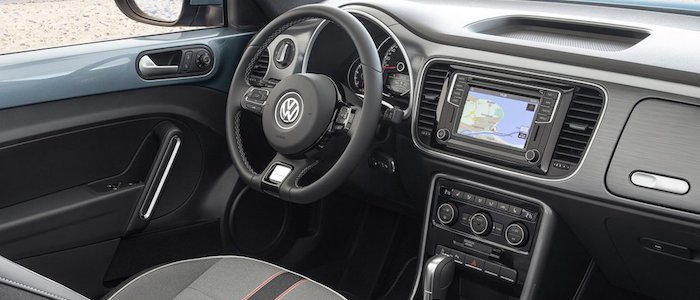Compare two cars
Compare any two cars and get our Virtual Adviser™ opinion
Dimensons & Outlines
Check vehicle history
Engine
Performance (manual gearbox)
Performance (automatic gearbox)
Expenses
Virtual Adviser's™ opinion
We are here considering two somewhat similar cars, but we can't deny some of the obvious differences. For a start, they are not even classified under the same segment, with the Mini being a micro car and the Volkswagen representing city car vehicle class. The first one has a BMW-engineered powertrain under the hood, a 3-cylinder, 12-valves 136hp unit, while the other one gets its power and torque from a 4-cylinder, 16-valves 150hp engine designed by Volkswagen.
SafetyBoth vehicles got tested by European New Car Assessment Programme (Euro NCAP), with the same number of safety stars gained in the process. That aside, let's consider some other aspects which affect safety. The second vehicle is a city car and that gives it a marginal advantage over the micro car competitor, at least that's what statistics show. Furthermore, when it comes to weight, a factor that most people underestimate, the German car offers a considerable difference of 20% more metal.
ReliabilityI don't like generalizing things when it comes to reliability, although it does seem that both brands display similar results in faults and breakdowns, at least on all of the models level. That's the official data, while our visitors describe reliability of Mini with an average rating of 4.1, and models under the Volkswagen badge with 4.2 out of 5. Unfortunatelly, I don't have enough insight that would allow me to comment in more details on the specific models level. Above it all, drivers of cars with the same engine as the British car rank it on average as 3.0, while the one under the competitor's bonnet gets 4.5 out of 5.
Performance & Fuel economyMini is a bit more agile, reaching 100km/h in 0.8 seconds less than its competitor. In addition to that it accelerates all the way to 210 kilometers per hour, 7km/h more than the other car. When it comes to fuel economy the winner has to be the British car, averaging around 4.5 liters of fuel per 100 kilometers (63 mpg), in combined cycle. We can't ignore that 27% difference compared to the German car.
Verdict
Volkswagen appears just a bit more reliable, although the difference is truly marginal. The most important thing when deciding between any two vehicles should always be safety, both passive and active. In my opinion, everything taken into account, the German car offers much better overall protection, which launches it ahead of the other contender. From there things take a different direction, with Mini being considerably quicker, thus putting more smile on driver's face. To make things even better, it consumps less fuel! No mistake, whatever you decide here, but I'd still go for the Mini. Anyway, that's the most objective conclusion I could've came up with and it's based solely on the information found on this website. Aspects such as design, practicality, brand value and driving experience are there for you to measure them out. I suggest you spend two more minutes in order to find out which car, based on your needs and budget, would be picked by the virtual adviser™, out of 12.000+ vehicles we currently have in our database.

































